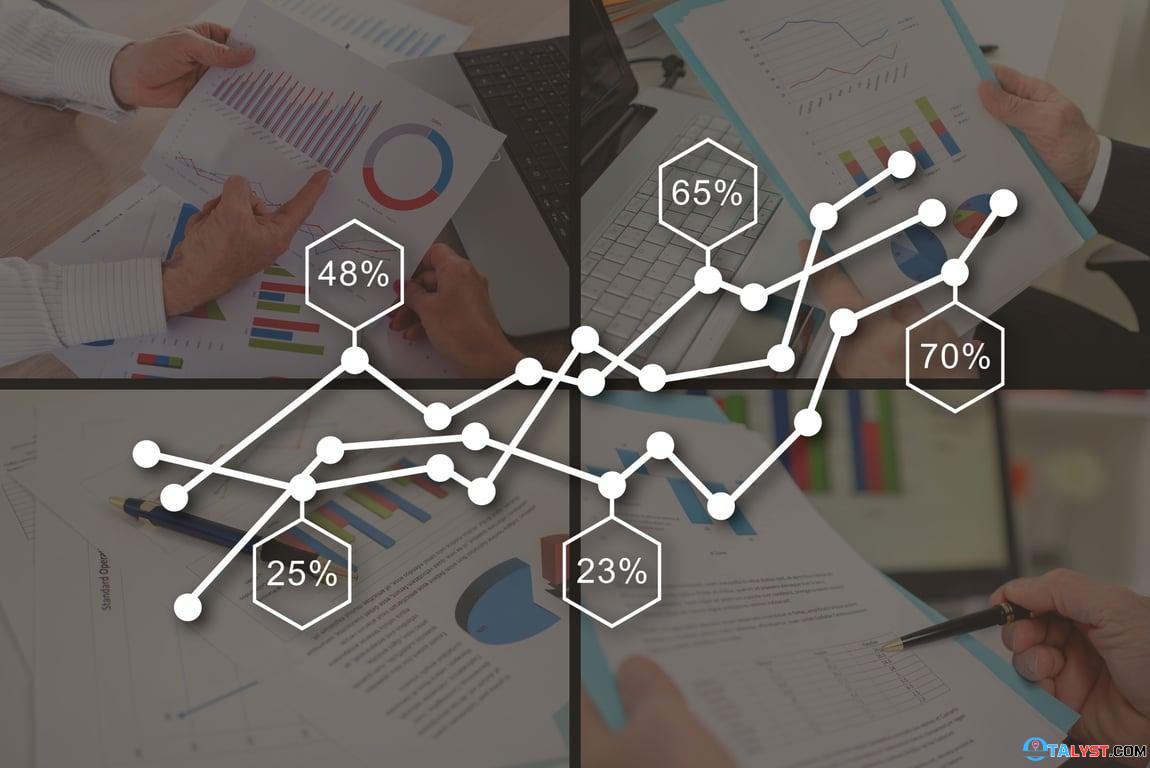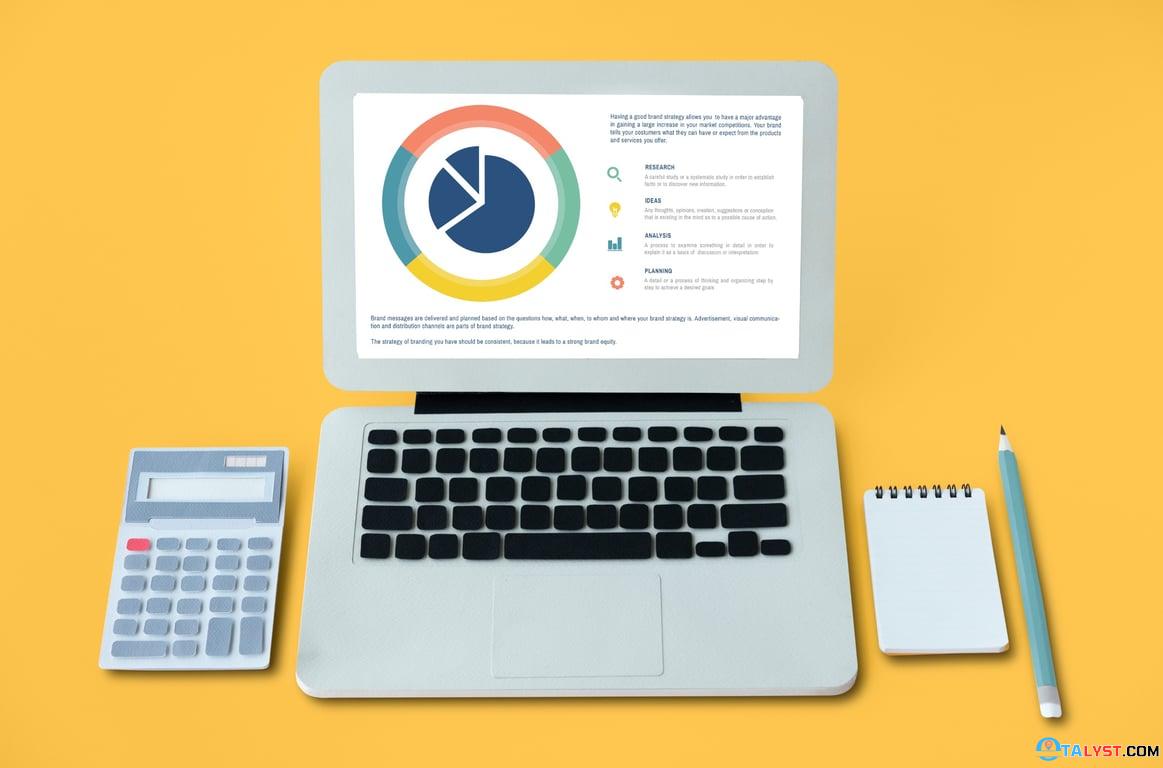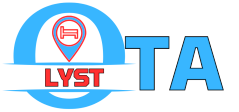In the expansive realm of revenue management, a multitude of articles may inundate you with lengthy lists on maximizing revenue. If you’re seeking a concise guide that distills the top essentials for staying in control of your revenue management game and driving performance, look no further.
Here, we present a distilled set of five key tips that encapsulate the essence of effective revenue management, ensuring you stay on top of your game.
Tip 1 – Market Knowledge
The most important basis of revenue management is understanding the market where the hotel is located.
This gives the advantage of knowing when the key booking window is and the main target audiences who will book the stay during this period. Having this knowledge helps set the correct strategy and maximize overall revenue.

Tip 2 – Property Placement
While this seems pretty obvious, it’s crucial to know your hotel’s strengths and weaknesses as well as those of your competitors.
Figure out what products are being offered, unique selling points, and the amenities or services being offered by other hotels.
Having all this information and knowledge will help position your hotel in the market and allow it to see opportunities to further maximize its revenues.
Tip 3 – Competitor Analysis
Competitor analysis is a returning topic of many articles and that’s because it’s such an integral part of revenue management.
Knowing how the hotel’s location, product, and services compare with the immediate competitors will give you the power to decide where your property stands and how it compares with options that potential guests prefer.
You need to step into the shoes of your guests – see what they are browsing. Look at competitors with their eyes to make sure your hotel is well-positioned. It will also help you ascertain whether you are implementing the correct strategy as similar competitors instead of different ones.
Deciding on the competitors to follow and analyzing their offers is the basis of good revenue management.

Tips 4 – Investing in the Right Systems
Revenue management is a human-driven decision-making process. However, having the right tools, such as Revenue Management Systems, Property Management Systems, Distribution, and Channel Management Software could make the decision-making process easier. Therefore, it is important to have these connected and have the staff familiarize themselves with the software to maximize revenue.
Remember, these tools are there to make the entire process of revenue management much easier and to support decision-making by providing valuable information.
Choosing the right system is always challenging, as the market is full of various software. For an extensive guide on choosing the right software, check out our software marketplace.

Tip 5 – Educated Hotel Teams
The hotel staff is in main point of contact for all guests. This means that they are the ones responsible for guest experience and ensuring their stay is as seamless as possible.
Educating the hotel team in the principles of hospitality is therefore the key to maximizing revenue. Providing them with knowledge of products and services that the hotel offers and making sure they can answer questions and upsell or cross-sell without being overbearing is quite important.

You must also ensure that the hotel staff is aware of your revenue management strategy and are familiar with the systems installed. Most issues with revenue management strategies come when the operations team is unable to execute the strategy, such as balancing the inventory and working efficiently with overbooking, which results in loss of revenue and guest frustration.
Hence it’s crucial to have the hotel staff on board with the stagey and work together with the revenue manager to ensure everyone is heading towards a shared goal.
Tools like PMS (Property Management System) and CM (Channel Manager) only assist lodging establishments in operating more simply, saving time, and being more efficient compared to not using them. However, that is not the root of growth or the challenges faced in the accommodation business. If you want to effectively manage OTA channels and create stable growth, you should have a clear understanding of how OTA platforms operate, such as their nature, operational models, and how they display, calculate displayed prices, and collect prices (after deducting commissions). Of course, larger hotels that want to approach it systematically will do it synchronously from the beginning, but smaller lodging establishments wanting to reduce operational costs should overlook it and focus on optimizing display and providing outstanding customer care.
Synthesized by: OTA Lyst












































